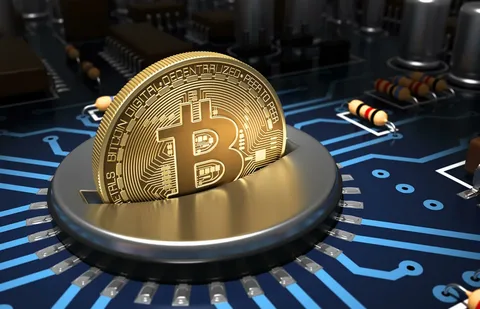Cryptocurrency Exchange Hacking: How to Protect Your Assets
The rise of cryptocurrency has brought with it a new wave of excitement and opportunity, but it has also introduced a heightened level of risk. With the increasing value of cryptocurrencies, hackers have set their sights on cryptocurrency exchanges, looking to exploit vulnerabilities and make off with valuable digital assets. In this article, we’ll explore the phenomenon of cryptocurrency exchange hacking, and provide guidance on how to protect your assets from these cyber threats.
The Prevalence of Cryptocurrency Exchange Hacking
Cryptocurrency exchange hacking has become a persistent problem in the industry, with numerous high-profile hacks reported in recent years. In 2014, Mt. Gox, one of the largest bitcoin exchanges at the time, was hacked, resulting in the loss of over 850,000 bitcoins valued at over $450 million. More recently, the cryptocurrency exchange Coincheck was hacked in 2018, resulting in the theft of over 523 million Nem coins valued at approximately $530 million.
These hacks are often carried out using sophisticated methods, such as phishing attacks, SQL injection attacks, and ransomware attacks. Hackers may also use social engineering tactics to trick exchange employees into revealing sensitive information.
The Consequences of Cryptocurrency Exchange Hacking
The consequences of cryptocurrency exchange hacking can be devastating. Not only can exchanges lose large sums of cryptocurrency, but users may also suffer losses, as well as damage to their reputations and trust in the industry. In some cases, exchanges may even cease to operate, leaving investors with no recourse.
The consequences of cryptocurrency exchange hacking can also have broader implications, including:
- Systemic risk: The collapse of a major exchange can have a ripple effect across the entire cryptocurrency market.
- Regulatory uncertainty: Hackings can lead to regulatory uncertainty, as governments struggle to respond to the challenge of protecting investors.
- Lack of trust: Hacking incidents can erode trust in the cryptocurrency market, making it more difficult to attract new investors and users.
How to Protect Your Assets from Cryptocurrency Exchange Hacking
Fortunately, there are steps that can be taken to protect your assets from cryptocurrency exchange hacking. Here are some best practices to consider:
- Use reputable exchanges: Research the exchange you plan to use and ensure it has a strong reputation and a secure platform.
- Enable two-factor authentication: Two-factor authentication adds an extra layer of security, requiring you to provide both a password and a code sent to your phone or email.
- Keep your account information private: Be cautious when providing personal information, and avoid sharing sensitive data with strangers.
- Use a strong password: Choose a strong, unique password for your exchange account, and avoid using the same password across multiple platforms.
- Monitor your accounts: Regularly check your account balances and activity to detect any suspicious activity.
- Store your cryptocurrency securely: Consider using a hardware wallet, such as a Ledger or Trezor, to store your cryptocurrency offline and protect it from hacking.
- Stay up to date with security updates: Ensure your exchange is keeping up to date with the latest security patches and updates.
- Consider using a cold wallet: A cold wallet, such as a paper wallet or a hardware wallet, is a secure way to store your cryptocurrency offline, away from the internet.
- Use a reputable security service: Consider using a reputable security service, such as a Virtual Private Network (VPN) or a security software provider, to protect your account.
- Have a backup plan: Consider having a backup plan, such as a cold storage wallet, in case your exchange account is compromised.
Conclusion
Cryptocurrency exchange hacking is a real and persistent threat, but by taking the right steps, you can protect your assets and ensure your financial security. By using reputable exchanges, enabling two-factor authentication, and storing your cryptocurrency securely, you can reduce the risk of loss and maintain trust in the cryptocurrency market. Remember to always stay vigilant and stay informed about the latest threats and best practices in the industry.

